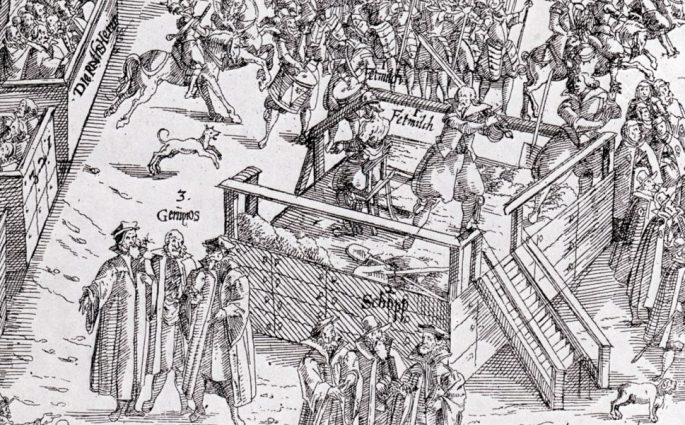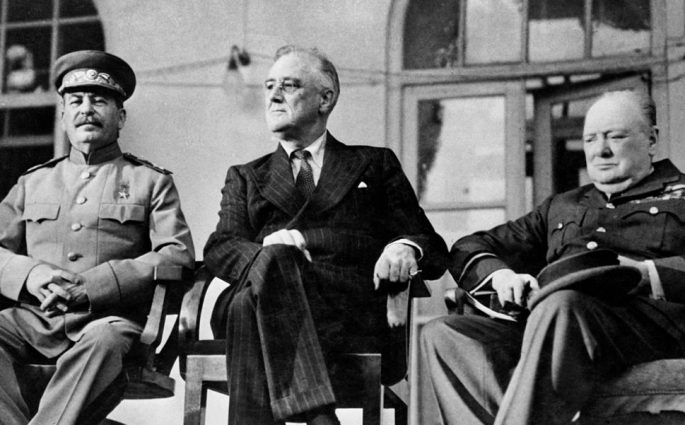Slow Motion
Barry Perlus— Those in the Northern Hemisphere who have recently stepped outside just after nightfall to view Comet Neowise know that the window of time in which to view this current marvel is limited to a few hours before it disappears below the horizon. The apparent movement of celestial bodies—galaxies,










